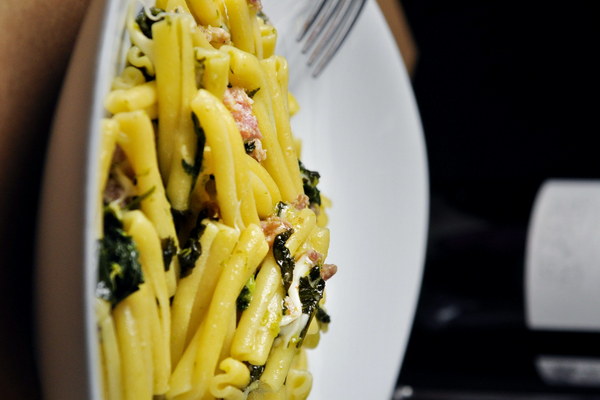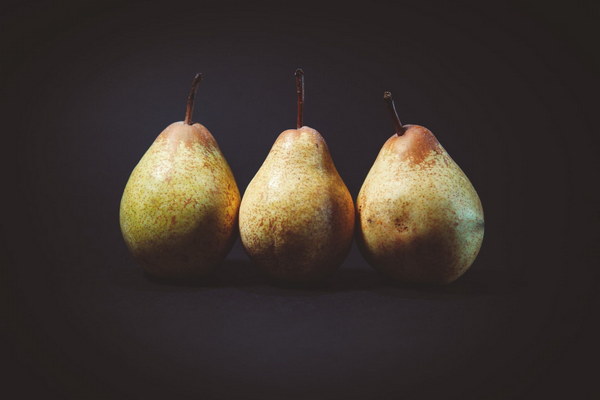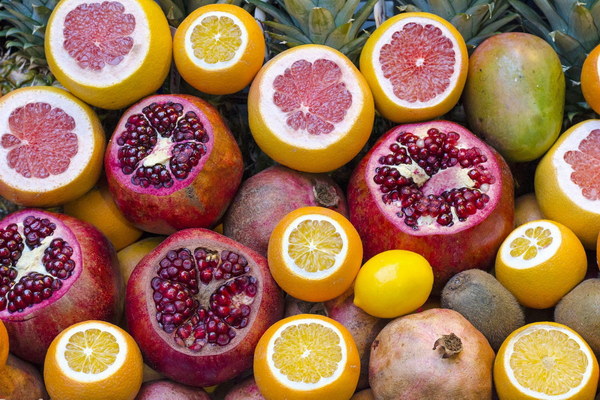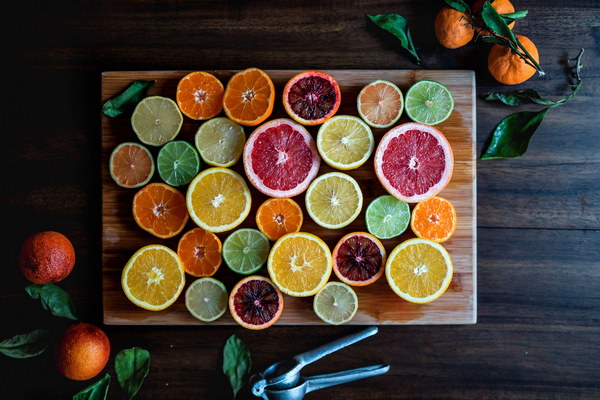Nourishing Your Kidneys A Comprehensive Guide to KidneyFriendly Diet
Introduction:
The kidneys are vital organs responsible for filtering waste products from the blood, maintaining fluid balance, and regulating blood pressure. Keeping these organs healthy is crucial for overall well-being. One effective way to promote kidney health is through a kidney-friendly diet. In this article, we will explore the benefits of a kidney-friendly diet and provide a comprehensive guide to nourishing your kidneys through proper nutrition.
Benefits of a Kidney-Friendly Diet:
1. Reduced Risk of Kidney Disease: A kidney-friendly diet can help prevent the onset of kidney disease by reducing the strain on the kidneys. By minimizing the intake of harmful substances, such as excessive protein and sodium, you can maintain kidney function and reduce the risk of chronic kidney disease.
2. Improved Blood Pressure: High blood pressure is a leading cause of kidney damage. By adopting a kidney-friendly diet, you can lower your blood pressure and reduce the risk of kidney complications.
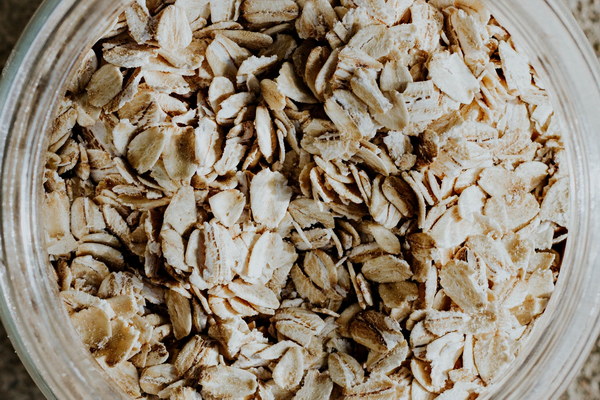
3. Balanced Diet: A kidney-friendly diet emphasizes a well-balanced approach to eating, ensuring that you receive essential nutrients while minimizing the risk of kidney damage.
4. Weight Management: Maintaining a healthy weight is essential for kidney health. A kidney-friendly diet can help you achieve and maintain a healthy weight, reducing the strain on your kidneys.
5. Enhanced Energy Levels: Proper nutrition can improve your energy levels and overall well-being, making it easier to manage kidney-related symptoms and treatments.
Kidney-Friendly Diet Tips:
1. Limit Sodium Intake: Excessive sodium can lead to high blood pressure and exacerbate kidney problems. Aim to consume no more than 2,300 milligrams of sodium per day, and consider reducing it to 1,500 milligrams if you have kidney disease or pre-existing high blood pressure.
2. Moderate Protein Intake: While protein is essential for muscle repair and growth, excessive protein intake can strain the kidneys. Aim to consume moderate amounts of high-quality protein, such as lean meats, poultry, fish, eggs, and plant-based sources like lentils, beans, and tofu.
3. Choose Healthy Fats: Opt for healthy fats, such as those found in avocados, nuts, seeds, and olive oil. These fats can improve heart health and reduce inflammation, which is beneficial for kidney function.
4. Focus on Fruits and Vegetables: Incorporate a variety of fruits and vegetables into your diet, as they are rich in essential vitamins, minerals, and antioxidants. Aim for at least 5 servings of fruits and vegetables per day.
5. Stay Hydrated: Adequate hydration is crucial for kidney health. Drink plenty of water throughout the day, and adjust your intake based on your doctor's recommendations.
6. Limit Processed Foods: Processed foods often contain high levels of sodium, unhealthy fats, and preservatives, which can harm kidney function. Try to minimize your intake of processed foods and opt for whole, unprocessed foods instead.
7. Consult with a Dietitian: If you have kidney disease or are at risk for kidney problems, it is essential to work with a registered dietitian who specializes in kidney-friendly diets. They can provide personalized advice and help you develop a meal plan tailored to your specific needs.
Conclusion:
A kidney-friendly diet is an essential aspect of maintaining kidney health and preventing kidney disease. By following these tips and focusing on a balanced, nutritious diet, you can support your kidneys and promote overall well-being. Remember to consult with a healthcare professional or a registered dietitian for personalized advice and support on your journey to kidney health.
